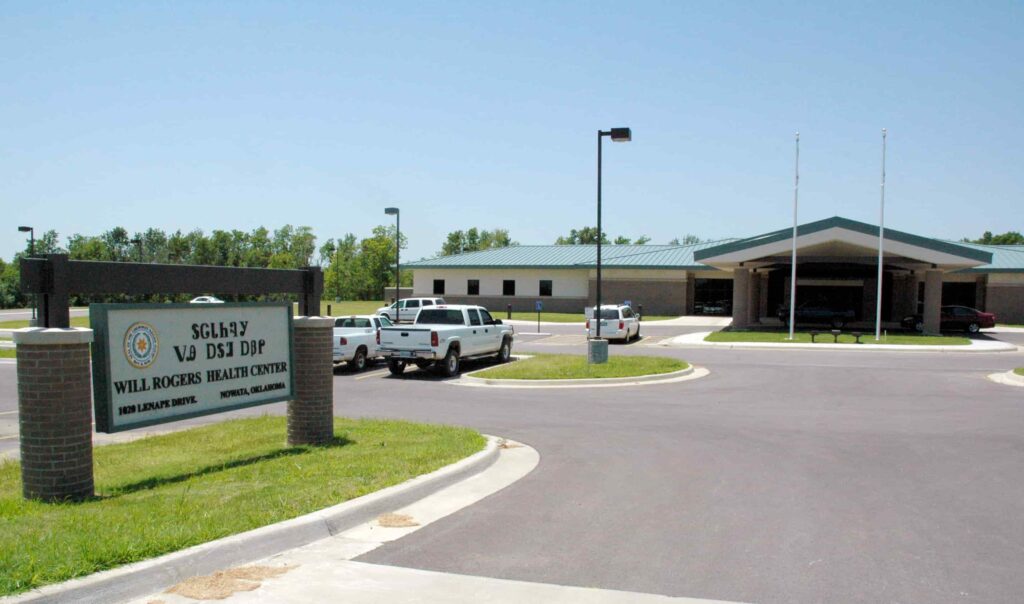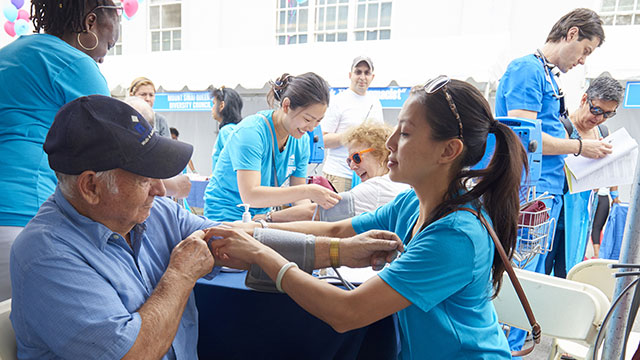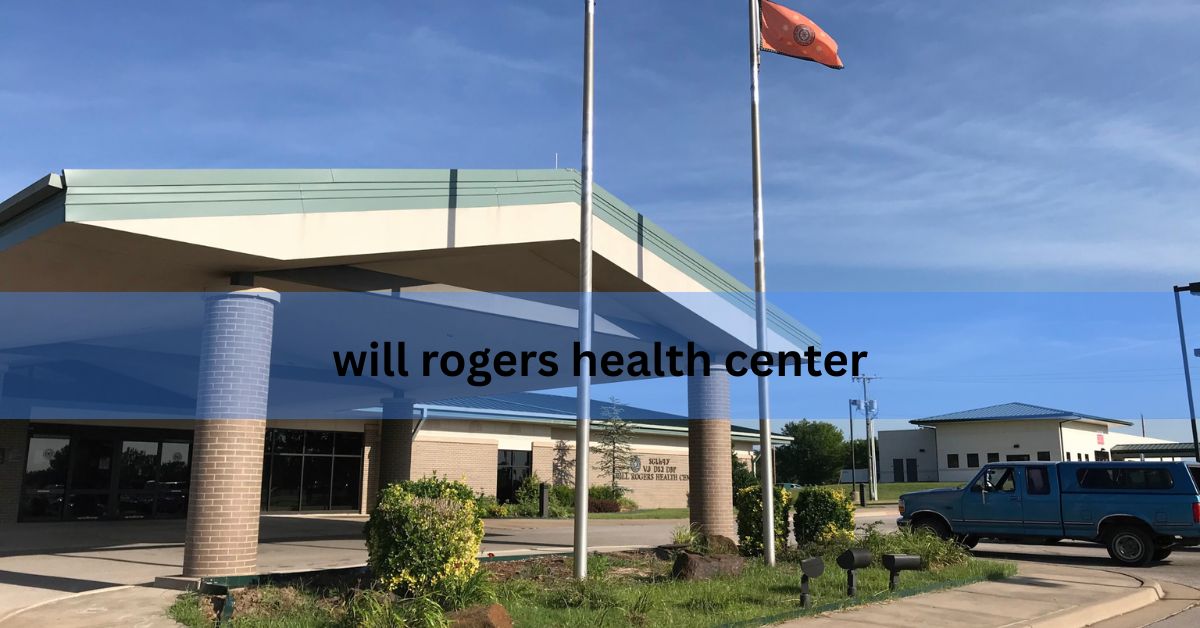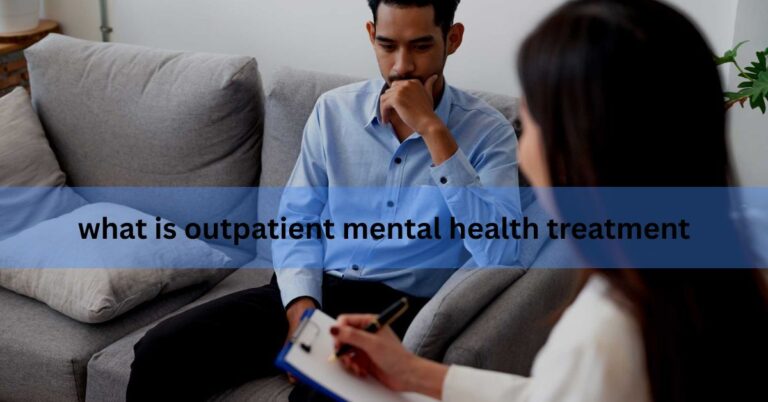Will Rogers Health Center – A Community-Centered Approach to Quality Healthcare!
The Will Rogers Health Center is a key provider of community-centered healthcare in the U.S., with a strong focus on Native American health services. Renowned for culturally competent care and long-term wellness, it functions as more than a clinic—it’s a growing health hub.
This guide offers a concise look at its core values, services, historical roots, and its vital role in addressing today’s public health challenges.
Understanding the Legacy Behind the Name Will Rogers:
Will Rogers was an American cowboy, vaudeville performer, humorist, and newspaper columnist who gained national fame in the early 20th century. A proud Cherokee citizen, his legacy is especially meaningful to Native communities across the country. Naming a health center after him symbolizes both cultural pride and a commitment to serving historically underserved populations.
The Will Rogers Health Center honors this legacy by providing health services rooted in compassion, respect, and community values. The name represents not just a building or clinic, but a legacy of care and commitment to Indigenous and rural populations.
What Makes Will Rogers Health Center Unique in Today’s Healthcare Landscape?

Will Rogers Health Center stands out by offering community-focused care, prioritizing prevention, chronic disease management, and accessible services—especially for Indigenous and rural Oklahomans.
Beyond treatment, it emphasizes wellness, education, and culturally tailored support, fostering a more personal, human-centered approach than larger healthcare systems.
Comprehensive Services Offered at Will Rogers Health Center:
1. Primary and Preventive Care
Will Rogers Health Center provides thorough primary care services for all age groups. From routine checkups to vaccinations and chronic condition management, the center emphasizes early detection and prevention to promote long-term health.
2. Pediatric Services
The health center offers dedicated pediatric care, including well-child visits, immunizations, developmental screenings, and treatment for childhood illnesses. These services ensure that children grow up healthy, supported, and protected.
3. Women’s Health Services
Will Rogers Health Center supports women’s wellness through services like Pap smears, breast exams, prenatal care, and family planning. Their team ensures a compassionate and private environment for every patient.
4. Behavioral and Mental Health Support
Understanding the importance of mental wellness, the center provides access to behavioral health professionals who offer counseling, therapy, and support for anxiety, depression, trauma, and more.
5. Laboratory and Diagnostic Services
For accurate diagnosis and ongoing monitoring, the health center includes lab testing and diagnostic screenings such as blood work, X-rays, and other vital assessments all under one roof.
6. Chronic Disease Management
Will Rogers Health Center helps patients manage long-term conditions like diabetes, hypertension, and asthma with personalized care plans, education, and consistent monitoring to improve quality of life.
Also Read: What Insurance Does Archwell Health Accept – Explore Eligible Medicare Plans!
Addressing Health Equity and Cultural Competence:
One of the most impactful aspects of the Will Rogers Health Center is its dedication to health equity. Many of its patients face barriers to care, such as limited transportation, lack of insurance, or cultural and language differences. The center’s staff is trained to understand and work within these realities, helping bridge gaps in care delivery.
Cultural competence is at the heart of the care model. Providers are often members of the same communities they serve or receive training in Indigenous health protocols. This allows patients to receive care in an environment where their values and traditions are acknowledged and respected.
In this way, the center not only improves individual health outcomes but also supports cultural resilience and community well-being.
Technology and Telehealth at Will Rogers Health Center:
In response to the COVID-19 pandemic and evolving healthcare needs, the Will Rogers Health Center has embraced telehealth technology. Virtual visits have become a valuable tool for reaching patients who live in remote areas or who may be homebound due to disability or illness.
By investing in telemedicine infrastructure, the center has expanded its ability to deliver quality care outside traditional clinical walls. Patients can now consult with doctors, therapists, and even dietitians via secure video links. This shift has helped reduce missed appointments and has been particularly effective in managing chronic diseases and mental health conditions.
Outreach Programs and Community Health Initiatives:

The Will Rogers Health Center does not operate in isolation—it is deeply embedded in the surrounding community through its health outreach programs. These initiatives focus on disease prevention, youth education, and community wellness events. Topics such as healthy eating, diabetes management, substance abuse prevention, and maternal care are central to the programs.
Health fairs, school collaborations, and mobile health clinics help ensure that even those who do not regularly visit the clinic can benefit from basic screenings and health education. These efforts help build trust and empower individuals to take control of their health before it becomes a crisis.
The Role of Public Funding and Tribal Partnerships:
Public and tribal funding play an essential role in keeping the Will Rogers Health Center operational. Partnerships with tribal nations, the Indian Health Service (IHS), and federal health programs ensure sustainable funding and governance.
These collaborations also mean that the center can provide care to eligible Native Americans at no direct cost. Non-Native patients may also access services depending on eligibility and availability, creating a model that is both inclusive and sustainable.
A Closer Look at Staffing and Medical Personnel:
A crucial component of the center’s success is its medical staff. The Will Rogers Health Center prioritizes hiring qualified, compassionate healthcare providers who understand the specific needs of the population. Many staff members are bilingual, speak local Indigenous languages, or are from the communities they serve.
Training and professional development are also emphasized, with ongoing education about trauma-informed care, cultural sensitivity, and advances in clinical practice.
FAQ’s:
1. What services does Will Rogers Health Center provide?
Will Rogers Health Center provides a wide range of services including primary care, dental, behavioral health, women’s health, nutrition counseling, immunizations, lab work, and chronic disease management.
2. Who can receive care at Will Rogers Health Center?
The center primarily serves Native American populations but may also provide care to non-Native individuals depending on availability and funding eligibility.
3. Does the center offer mental health services?
Yes, behavioral health is a key part of its service model, offering therapy, substance use counseling, and trauma-informed care.
4. How can I schedule an appointment at the center?
Appointments can be made by phone or in person. Telehealth options are also available for certain services.
5. Are the services free?
Many services are free for eligible Native American patients. Costs for others depend on insurance status or federal program eligibility.
6. What makes the center culturally competent?
Staff are trained in culturally responsive care, and many providers understand or share the cultural background of their patients.
7. How is the center funded?
Funding comes from tribal partnerships, the Indian Health Service, and federal public health programs.
8. Does Will Rogers Health Center work with schools or local groups?
Yes, it actively engages with schools and community organizations through outreach and education initiatives.
9. How can I support the work of Will Rogers Health Center?
Support can come in many forms—advocating for public health funding, volunteering for community events, or promoting awareness of Indigenous health issues.
Final Thoughts :
The Will Rogers Health Center represents more than just a healthcare provider—it is a symbol of community strength, cultural preservation, and health equity. By offering accessible, culturally competent care and investing in long-term health solutions, it plays a vital role in improving lives and strengthening communities.
Read More:






